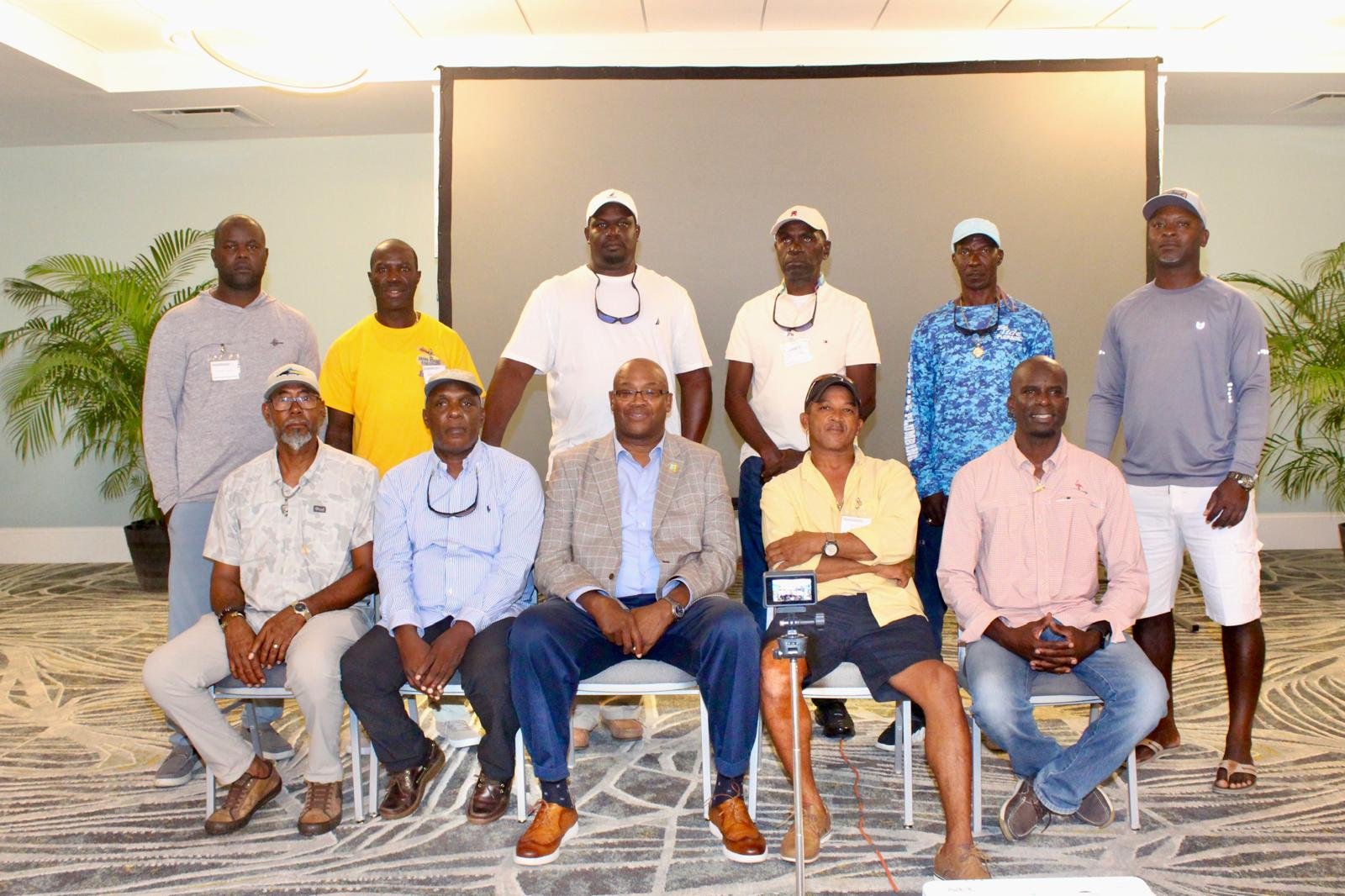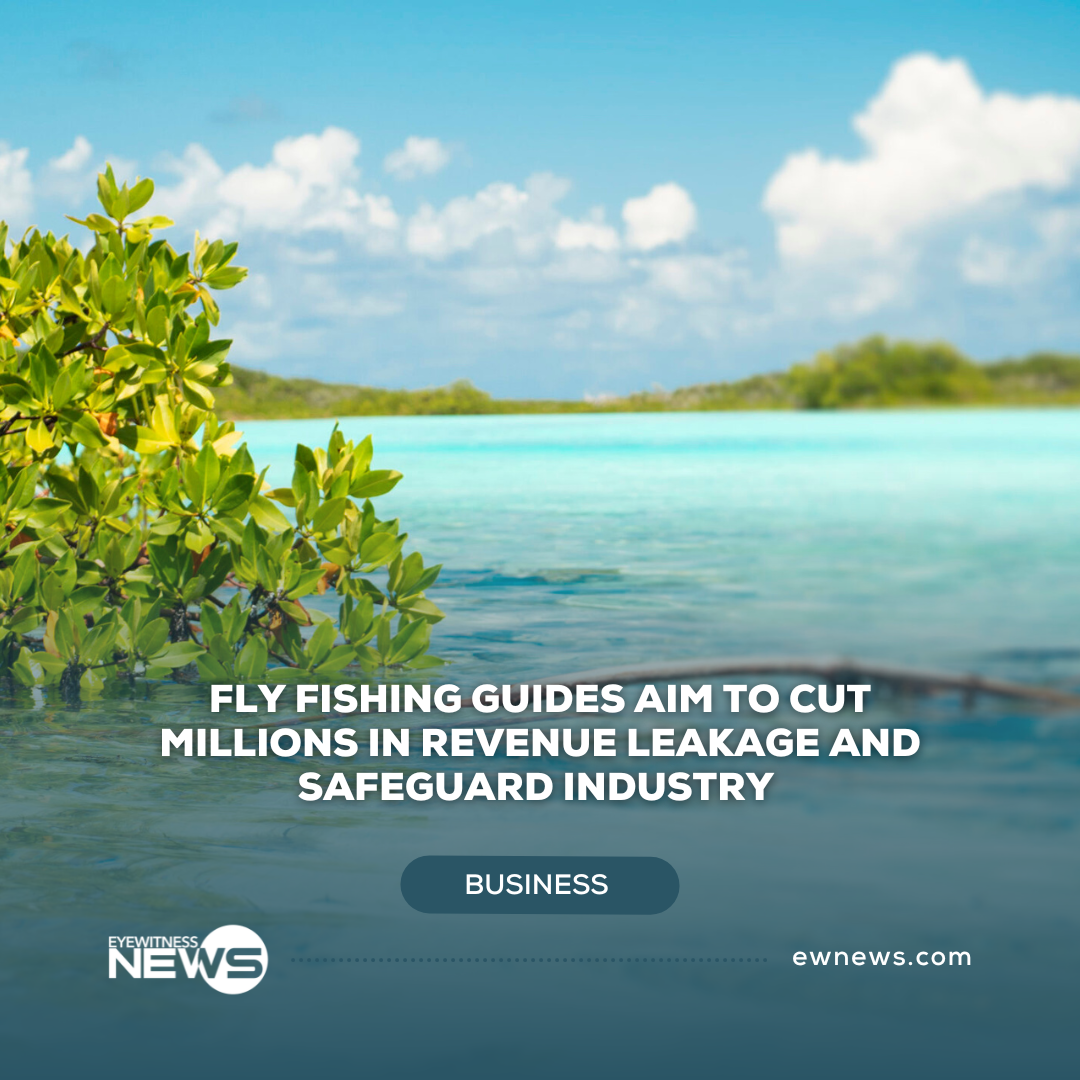NASSAU, BAHAMAS – The Bahamian fly fishing industry is facing significant financial losses, primarily due to infractions by foreign perpetrators.
These illegal activities are resulting in a leakage of millions of dollars annually, according to Prescott Smith, president of the industry association. In what he has called a ‘historic’ move, fly fishing guides are now being granted authority to act as wardens to safeguard their industry.
Speaking to Eyewitness News, Smith expressed the importance of the decision. “This is historic. It’s something we’ve been trying to achieve for over 20 years, and now, under the leadership of the Minister of Environment and Natural Resources, Vaughn Miller, it has finally become a reality,” he said.
Smith elaborated on the critical role these new wardens now play. “Numerous infractions are occurring in the fly fishing sector. Whether it’s individuals illegally netting bonefish, foreigners refusing to pay for their fishing licenses, or foreign guides engaging in illegal fishing or lobster harvesting, this new initiative will serve as a deterrent. With guides now empowered as wardens, they are like fisheries officers patrolling our waters. This will significantly reduce illegal activities, ensuring that the country benefits from increased revenue while protecting our natural resources.”
Currently, 13 guides have been appointed as wardens, with plans to expand the list to ensure proper coverage throughout The Bahamas, from Inagua to Grand Bahama. Smith emphasized that this broader network of enforcement will provide much-needed oversight in remote areas, which have historically been vulnerable to illegal fishing practices.
“We now have an opportunity to truly protect the industry that so many Bahamians depend on,” Smith added. “Illegal fishing has been a serious problem for years, and the government has been losing millions of dollars annually because of it. But now, with wardens stationed across various islands, people will be more aware of the consequences of breaking our laws.”
In addition to the new warden system, Smith highlighted the introduction of a reporting app developed by the Ministry of Marine Resources. This tool will allow citizens and tourists alike to quickly and easily report any infractions they witness, helping authorities to respond swiftly to illegal activities.
Last month, Prime Minister Philip Davis reaffirmed the government’s commitment to protecting the fly fishing industry, noting that it contributes approximately $150 million annually to the country’s GDP. He underscored the industry’s cultural and economic importance, while also acknowledging the potential for further growth. Davis stated that safeguarding the industry from illegal practices is essential not only for economic reasons but also for preserving The Bahamas’ rich heritage and marine ecosystem.






